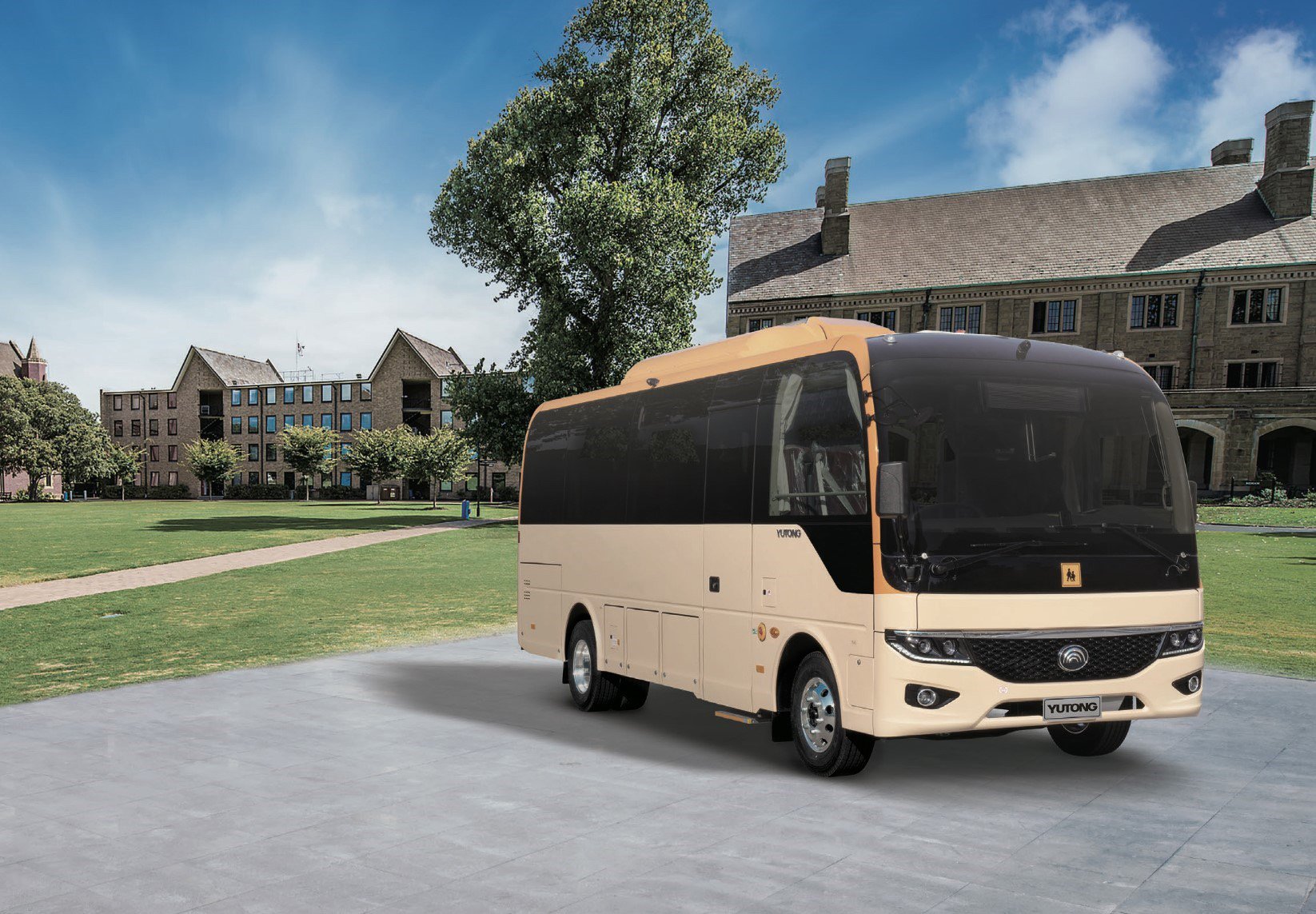
But it has been a long and arduous journey getting there, and a lack of support has frustrated the man behind the project.
Outback New Zealand said in a release yesterday, following years of research, it had invested in a fully electric Yutong 25-seater bus, a first for Queenstown and New Zealand in the adventure tourism off-road sector.
Outback New Zealand, which trades as Nomad Safaris, takes passengers from around the world into some of the country’s most stunning backcountry in and around Queenstown and the Southern Lakes area.
Nomad Safaris co-director David Gatward-Ferguson said the commitment to the e-bus had been many years in the making, although the slow rollout of technology that would enable that day to come had been frustrating.
"It’s been our life’s work to reduce our carbon emissions and now finally we can walk away with this legacy, showing younger people that it is possible," he said.
He had been disappointed in the lack of interest from "anyone" wanting to construct a commercial level charger business in Queenstown.
It would cost his company $400,000 to build a commercial charging centre, which it could not afford, he said.
In the end, the company bought a $30,000 charger.
The electric bus was due to begin operation in late summer.
"We’ll be the first private commercial user to have one of these buses in New Zealand. No-one is starting, so how can anybody follow?"
There were no private vehicle chargers in Queenstown until the council put in four chargers, and since then a lot more electric vehicles had been seen in Queenstown, he said.
He hoped the same thing would happen when the electric bus started working.
The bus is being co-funded by the Low Emission Transport Fund (LETF), managed by the Energy Efficiency and Conservation Authority.
The Yutong E7 coach, made in China and due to be shipped to New Zealand within the next six months, costs $458,000, compared with its diesel-powered counterpart at $176,000.
The e-bus will replace diesel coaches used for summertime track transfer work to and from the Routeburn Track.
The return trip is 150km. Outback New Zealand has calculated that the new e-bus will reduce carbon emissions by 17,702kg of carbon annually, based on a comparative analysis with diesel-powered transport.
It will also save over $49,000 annually on diesel costs.
He was confident the electric vehicles could handle the back roads. The company had bought Tesla four-wheel-drive vehicles a few years ago and they had performed well.
The coach is the first funded by LETF, which granted $125,000 to the company.












